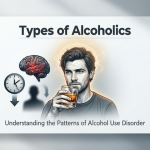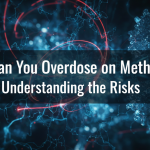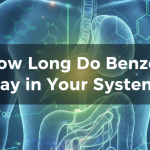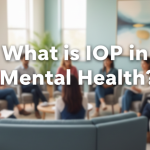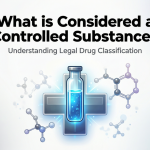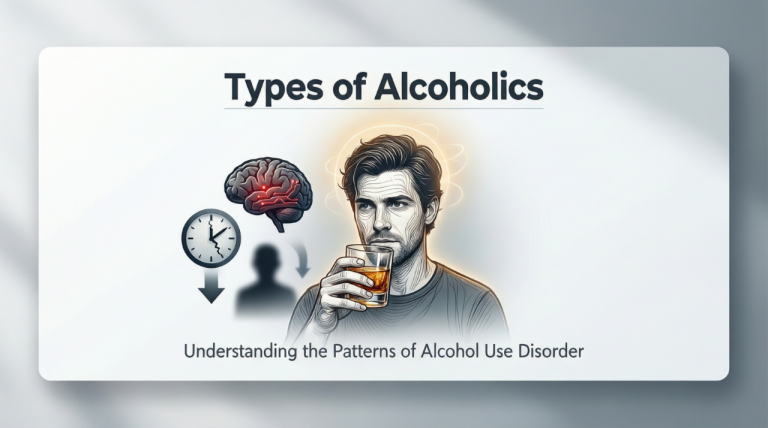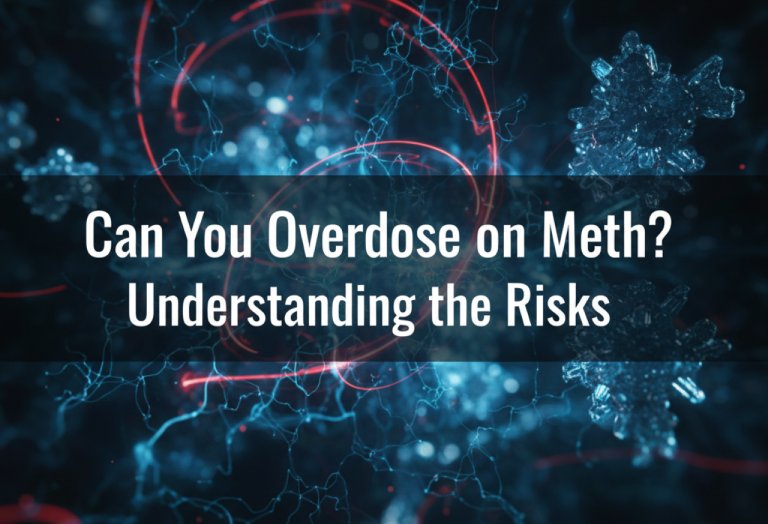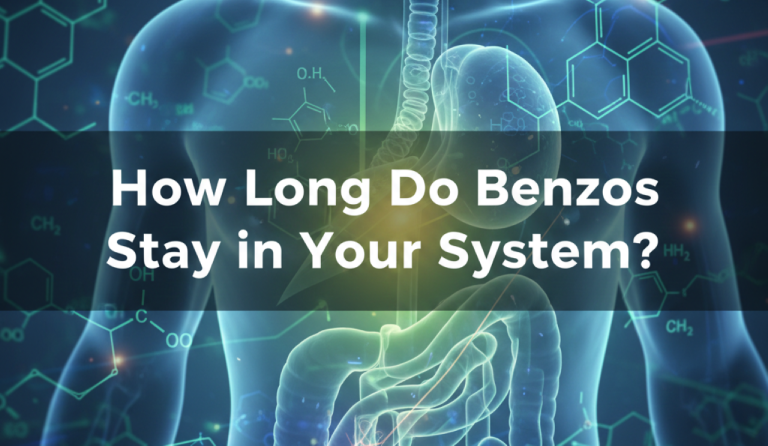Alcohol addiction, which medical professionals call alcohol use disorder (AUD), causes problems for millions of people and their families within the United States. The habit begins with social drinking but develops into dependency, which damages all areas of your life from your partnerships through your job to your physical and mental state, along with general wellness.
Alcohol addiction affects countless people, yet struggling with alcohol addiction never makes someone feel alone because recovery solutions exist. The path to recovery begins by understanding alcohol addiction properly and learning how to detect its signs while you seek necessary support for healing.
Understanding Alcohol Addiction
The diagnosis of alcohol addiction matches the definition of alcohol use disorder (AUD), which represents a permanent medical condition that consists of impaired ability to manage drinking habits even with prevailing negative effects. Alcohol addiction develops through time in certain individuals who do not face problems from moderate alcohol consumption, but others become addicted.
The Difference Between Alcohol Abuse and Addiction
To understand alcohol-related conditions, patients must distinguish between regular alcohol misuse and actual alcohol addiction. Alcohol abuse reveals itself through dangerous drinking choices such as excessive alcohol consumption or operating vehicles under alcohol influence, but users might not develop dependency on alcohol. Alcohol addiction requires both bodily dependency on alcohol and addiction to the substance, with physical symptoms when drinkers stop using it.
Common signs of alcohol abuse addiction include:
- Drinking more or longer than intended
- Failed attempts to cut down or stop drinking
- Neglecting responsibilities at home, work, or school
- Continuing to drink despite health problems
- Spending a lot of time drinking or recovering from alcohol use
- Cravings and strong urges to drink
Recognizing these signs early can help individuals seek help before the addiction becomes more severe.
The Impact of Alcohol and Addiction
When someone becomes addicted to alcohol, their challenges extend further than personal consequences. Alcohol addiction brings negative impacts on various aspects of life, including personal connections along with career progress and financial stability, and body health and psychological stability. Long-term alcohol abuse causes liver disease in addition to heart conditions, depression and anxiety and deteriorated mental abilities, and a heightened likelihood of accidents.
Families often suffer as well. Excessive alcohol use alongside addiction causes families to experience relationship losses and domestic violence, and leads to money troubles and emotional distress.
Addiction-related damage that affects broad population segments constitutes an essential starting point for encouraging people to start their treatment journey.
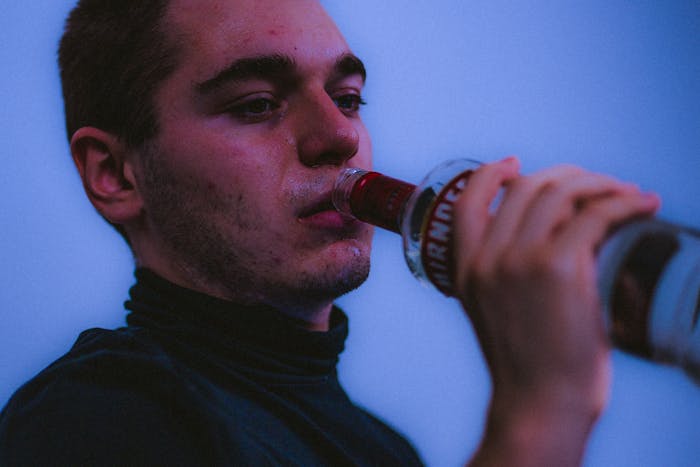
Finding Help: Alcohol Addiction Treatment Options
Recovery is not one-size-fits-all. Treatment for alcohol addiction depends on individual requirements as well as addiction severity and additional aspects, including mental health conditions. These are the main therapeutic approaches used to treat individuals with alcohol dependency:
1. Medical Detox
As the first step, detoxification removes alcohol from a person’s body. Support by medical professionals becomes essential for individuals with moderate to severe addiction because their withdrawal symptoms create intense risks for their lives.
Healthcare specialists need to supervise the signs that include seizures and hallucinations, and delirium tremens (DTs). Orlando Treatment Solutions offers a supportive environment to detox patients through its treatment center.
2. Inpatient Rehabilitation
Inpatient or residential rehab programs maintain around-the-clock support together with structured supervision within an alcohol-free safe environment. Residential rehab programs enforce a schedule that lasts 30, 60, or 90 days and includes various elements.
Individual therapy:
- Group counseling
- Medical care
- Nutritional support
- Holistic therapies (yoga, art therapy, meditation)
This immersive approach is highly effective, especially for those with severe alcohol abuse and addiction.
3. Outpatient Programs
Individuals can stay at their residence through outpatient treatments, which they attend multiple times per week. Home-based treatment options suit people whose family or work demands require professional assistance.
Patients can choose between three types of outpatient services that progress from PHP to IOP to standard outpatient care. Such treatment options provide a structured environment yet grant patients more independence than residential inpatient facilities.
4. Therapy and Counseling
Behavioral therapy functionally serves as the fundamental therapeutic method in alcohol addiction treatment. Techniques such as Cognitive Behavioral Therapy (CBT), Motivational Interviewing (MI), and Dialectical Behavioral Therapy (DBT) help individuals:
Identify triggers
- Develop coping skills
- Address underlying trauma
- Change negative thought patterns
Family therapy is also recommended to repair relationships and establish a support system.
Alternative Approaches: Hypnosis and Medication
Hypnosis for Alcohol Addiction
Hypnotherapy stands as a rising alternative method for addiction recovery. The human subconscious responds to hypnosis treatments for alcohol dependency so the patient can transform their drinking-related mental frameworks.
People undergo a deeply relaxed state as a hypnotherapist guides them through the process to better receive suggestions about maintaining sobriety and adopting better choices. The impact of hypnosis therapy differs among participants, but it proves valuable to recovery when used along with other recovery techniques.
Medication for Alcohol Addiction
The management of alcohol addiction with medications serves to decrease addictive urges and stop substance relapses. The FDA has approved various medications that treat alcohol addiction, which include:
- The drug Naltrexone interrupts the feelings of drunkenness produced by alcohol consumption.
- The medication acamprosate restores brain chemistry while it reduces craving intensity.
- Anti-alcohol drug Disulfiram creates negative side effects for people who drink.
The Role of Support Systems
Long-term sobriety requires essential support, which comes from friends and family together with recovery communities. Relationships with people who grasp addiction challenges can give you both motivation and responsibility, and positive thinking.
Popular support groups include:
- Alcoholics Anonymous (AA): A 12-step program with global reach
- SMART Recovery provides members with self-empowerment through cognitive tools for their recovery journey.
Treatment centers provide alumni programs and continuing care as well as peer mentoring, which helps their clients stay committed to their recovery path.
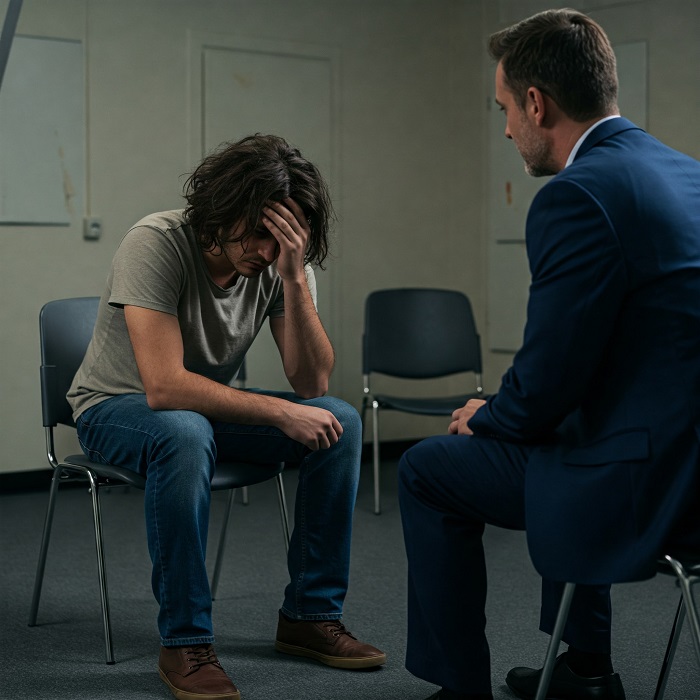
Take the First Step with Orlando Treatment Solutions
The heaviness of alcohol addiction remains manageable with proper support from fellow human beings. The recovery process at Orlando Treatment Solutions will guide both those who need support directly and those who care about someone struggling in their journey towards healing.
Drinking alcohol and becoming addicted does not establish your character identity because this experience represents only one episode in your life. Our mission at Orlando Treatment Solutions is to bring healing and hope together with second opportunities to our clients. Don’t wait for rock bottom. Strive for recovery by dialing (321) 415-3213 today to shape your future.







